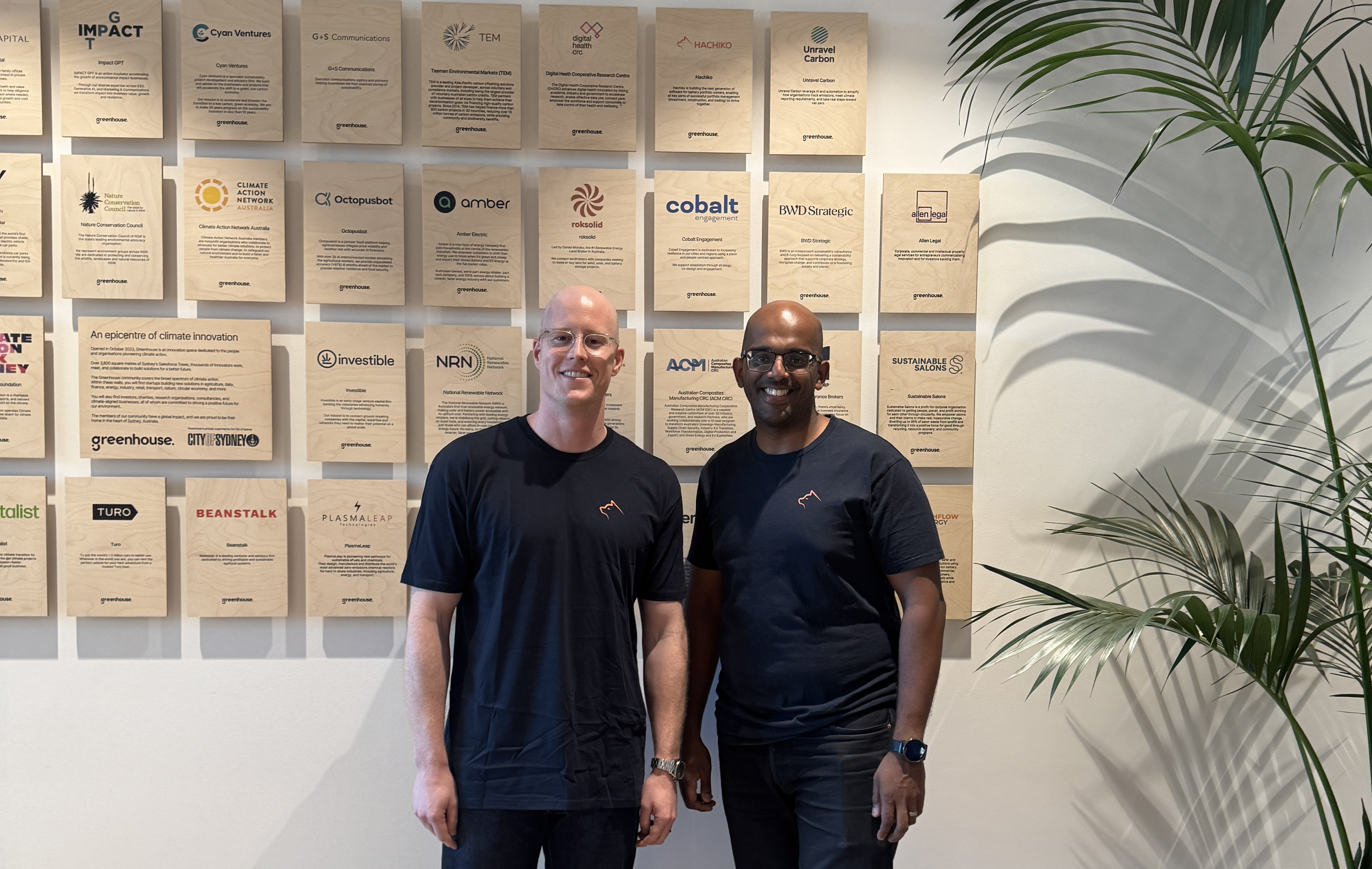.jpg)
Reaching out cold to potential seed-stage investors can be intimidating, even for experienced entrepreneurs. You need investor support to reach the next stage of growth but you may be unsure of when the time is right, who to turn to for advice and what to expect from the process.
So how can startup founders best engage with investors and begin building a productive relationship? And how does doing so increase your chance of securing investment?
Timing is everything
So when should you first reach out to investors, and how often should you stay in touch?The best advice is to start engaging with investors well before you're ready to raise capital - that means as much as 12 months ahead of a raise. This allows ample time for investors to get to know you and your business - without the added pressure of needing a ‘Yes’ or ‘No’ straight away.

This may sound counterintuitive to some. Perhaps you feel like reaching out too early will leave investors with a negative impression of your business. In reality, having this time means you can take investors on the journey with you.
As our Investment Director Daniel Veytsblit shared in his recent post, investors look for lines, not dots.
"Meeting investors before you’re ready to raise capital gives them the opportunity to get to know you – not just as a founder – but as a person."
Letting investors know what you're doing and how your business is progressing gives them an opportunity to see you in action; how well you hit your goals, how well you rebound from setbacks and whether you incorporate advice from other experts.
Having multiple touch points with investors gives founders the opportunity to showcase how their business is tracking over time, which in turn, makes investor diligence easier and can result in a faster and less stressful capital raising process for founders.
Warm introductions help
Our screening process is designed to give every business an equal chance to catch our attention. But it's also important to remember that we receive hundreds of pitch decks and funding applications every month.
Having a personalised introduction from someone within our network, such as an investor, Club Investible member or portfolio founder, makes it a bit easier to stand out from the crowd.
If you don’t have a connection in mind, start by looking at an investor’s existing portfolio companies or LinkedIn page for mutual connections, or ask for help in a startup community group. Make it as simple as possible for others to facilitate the introduction by providing key details about your business. In the meantime, you can always apply for funding via the traditional methods while you seek out an endorsement.

Keep updates focused
Once you've started engaging with investors, you've likely had some discussion around your goals and when you hope to achieve various milestones. From there, it's simply a matter of following through. But remember to keep it focused. There's no need to send investors a running commentary on everything that happens within your business. Investors want to hear about how you're tracking toward your goals.
That doesn't mean ignoring the bad stuff either. You can also talk about how you've navigated any significant challenges that have happened along the way.
Investors want to see your ability to execute; essentially, that you do what you say.
It's also important to keep updates concise, as investors don't have time to read long emails or reports from every potential investment opportunity. Most founders keep it simple with wins, losses and asks. As far as frequency, monthly updates are generally sufficient.
Don’t be discouraged by a ‘No’
When you’re trying to raise capital, even small setbacks can sting. But try not to get discouraged. A ‘No’ can mean a lot of different things because investment isn't an absolute. It's all relative and there are a lot of factors at play.
For instance, many founders apply for funding without fully understanding the investor’s mandate. Investible doesn't invest in biotech businesses. So, you might be the most incredible biotech founder in the world, but we won’t invest because we have to stick to the terms promised to our shareholders.
.jpg)
If you don’t receive feedback, ask for it. We know how difficult it can be for founders who get ‘ghosted’ by investors, so we make a point to provide useful feedback to everyone who applies for funding. The important part is to take it on board and use it as an opportunity to make adjustments.
We are open in sharing what we think will make your business more ‘investible’ so keep an open mind. We really appreciate when founders take that on board and keep us abreast of their progress.
And remember, we’re always open to being proven wrong. Many of our ‘No’s’ are actually ‘Not yet’s’. We have later invested in companies that we initially passed on because they came back and demonstrated that they've validated the points we've raised or hit their milestones. We also refer deals to other investors who might be interested and are happy to help founders to succeed in other ways.
We want more founders to be 'investible' and that's always easier when we work together. We hope this gives you more confidence to start engaging with investors to the benefit of your business and your growth as a founder.
Interested in applying for funding? Reach out here.





